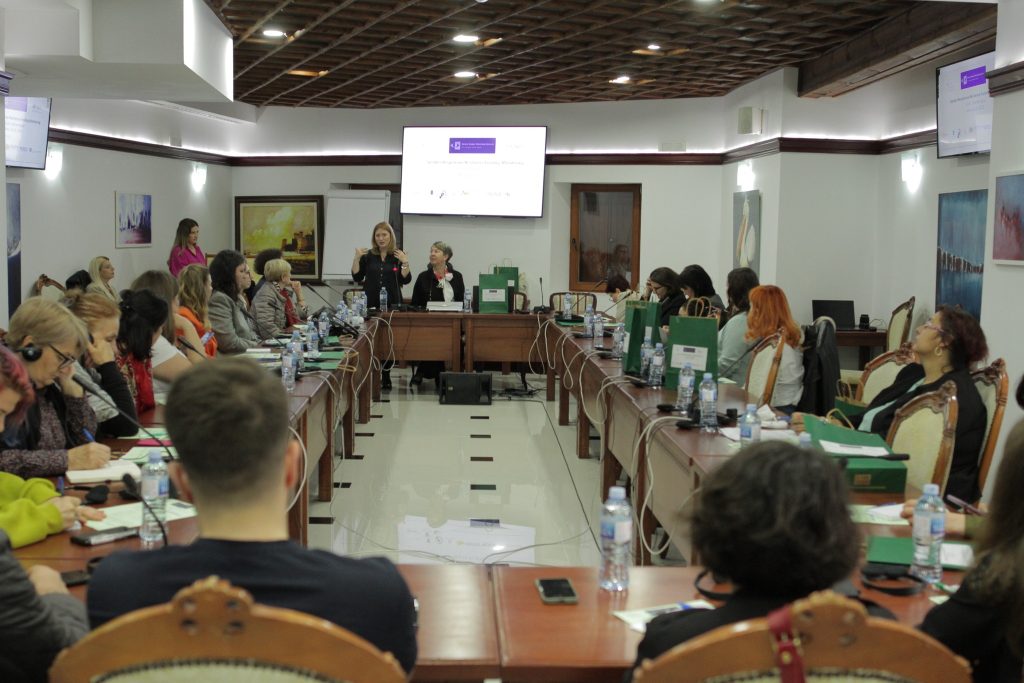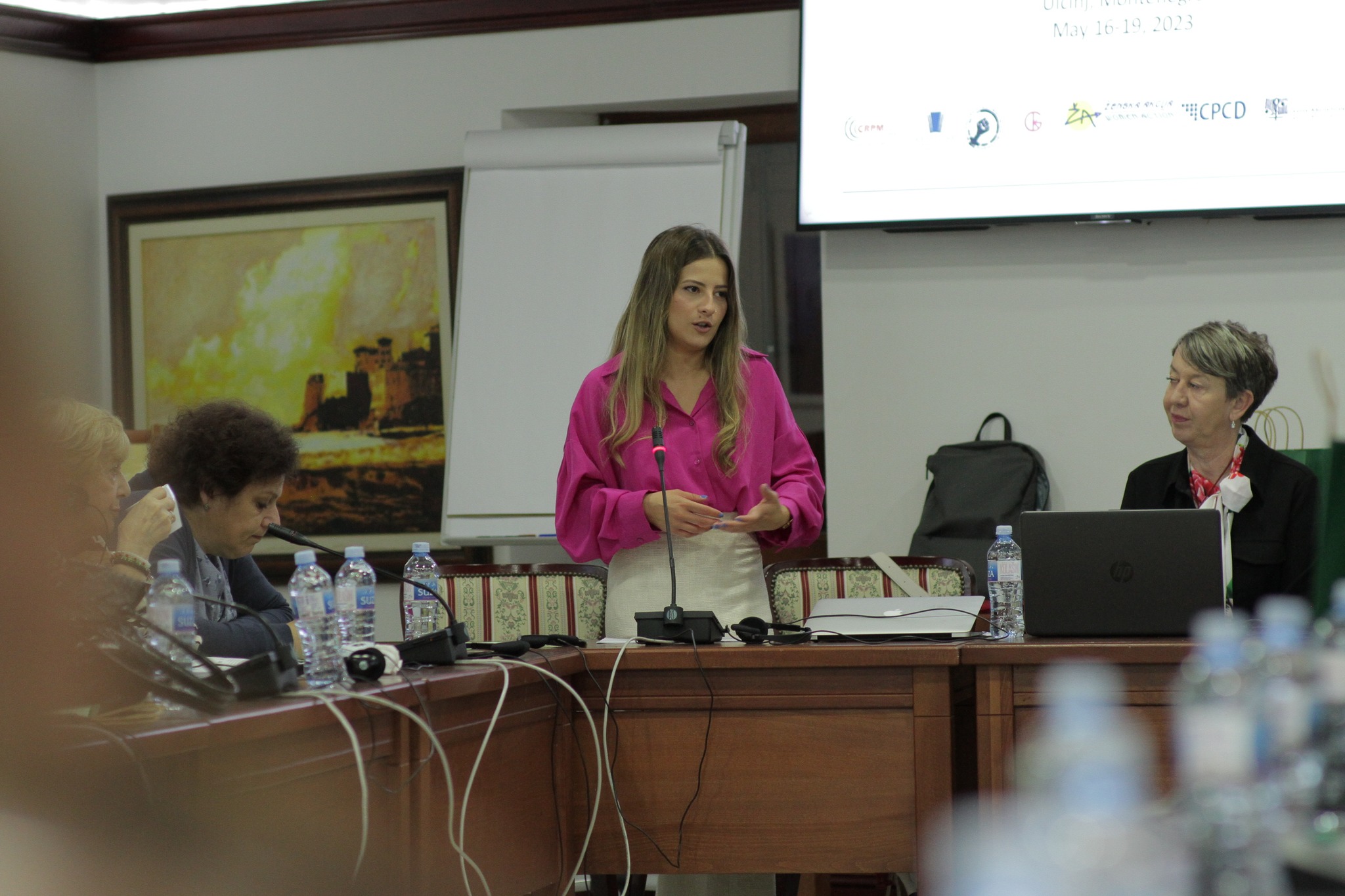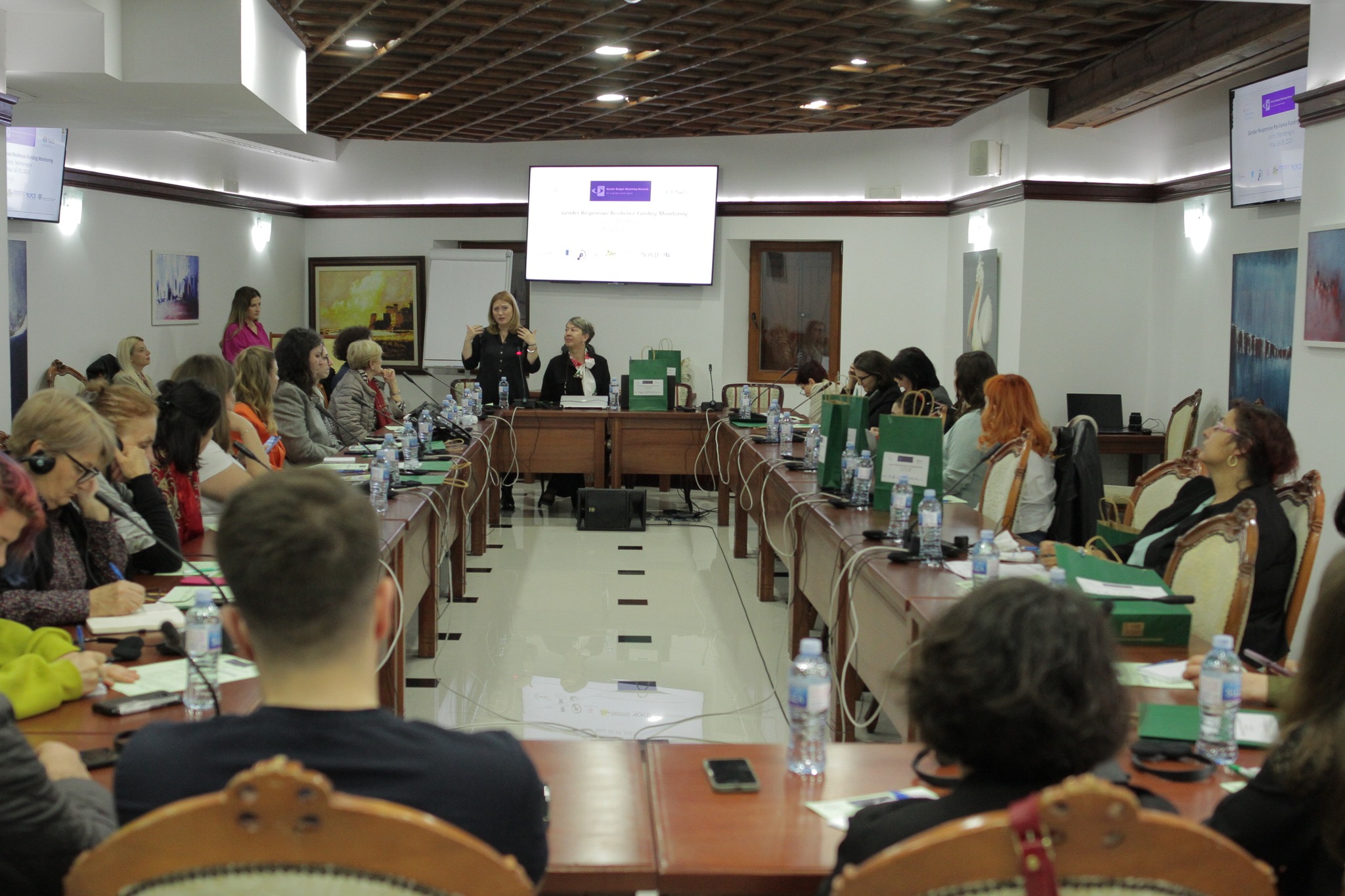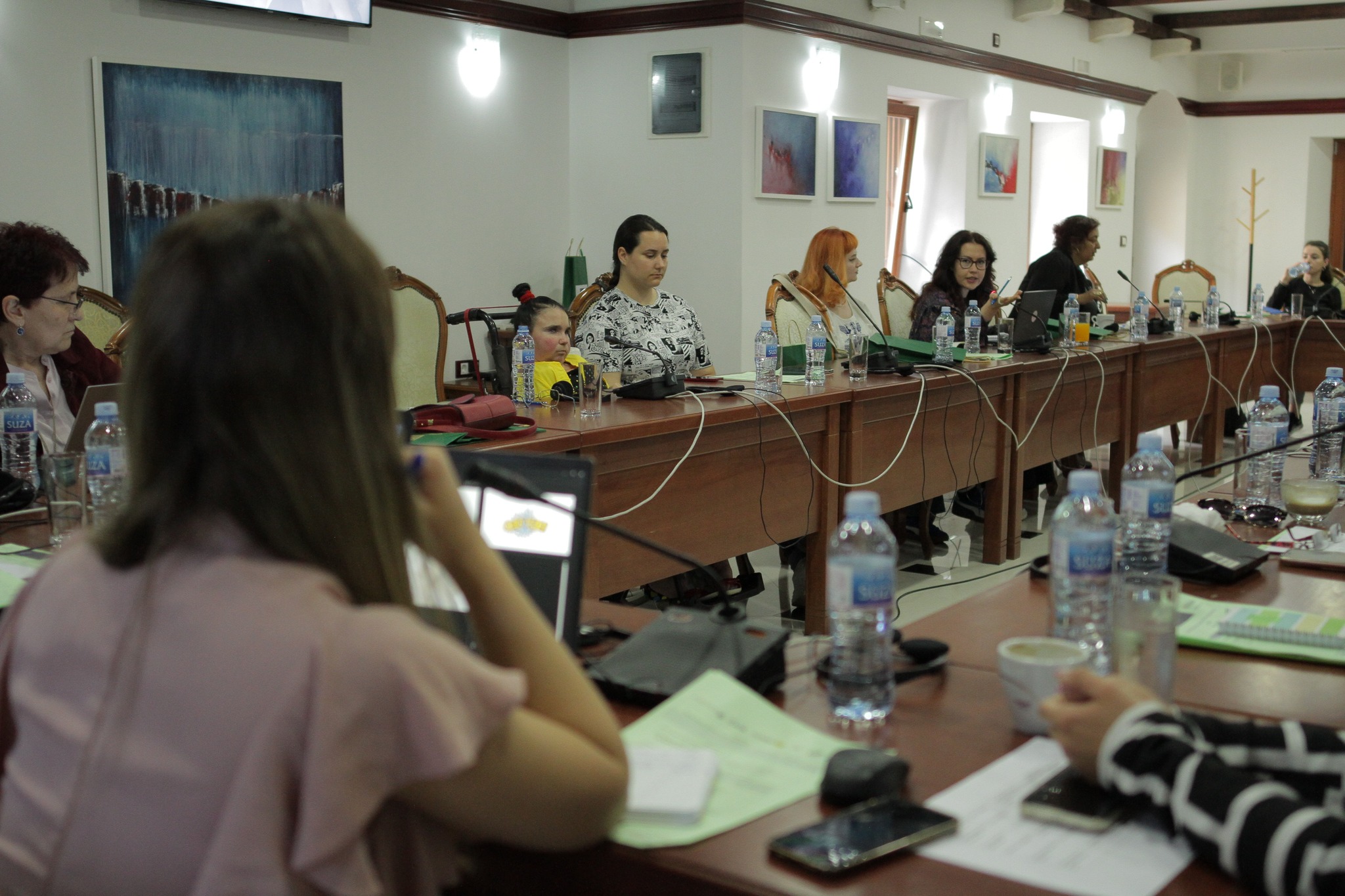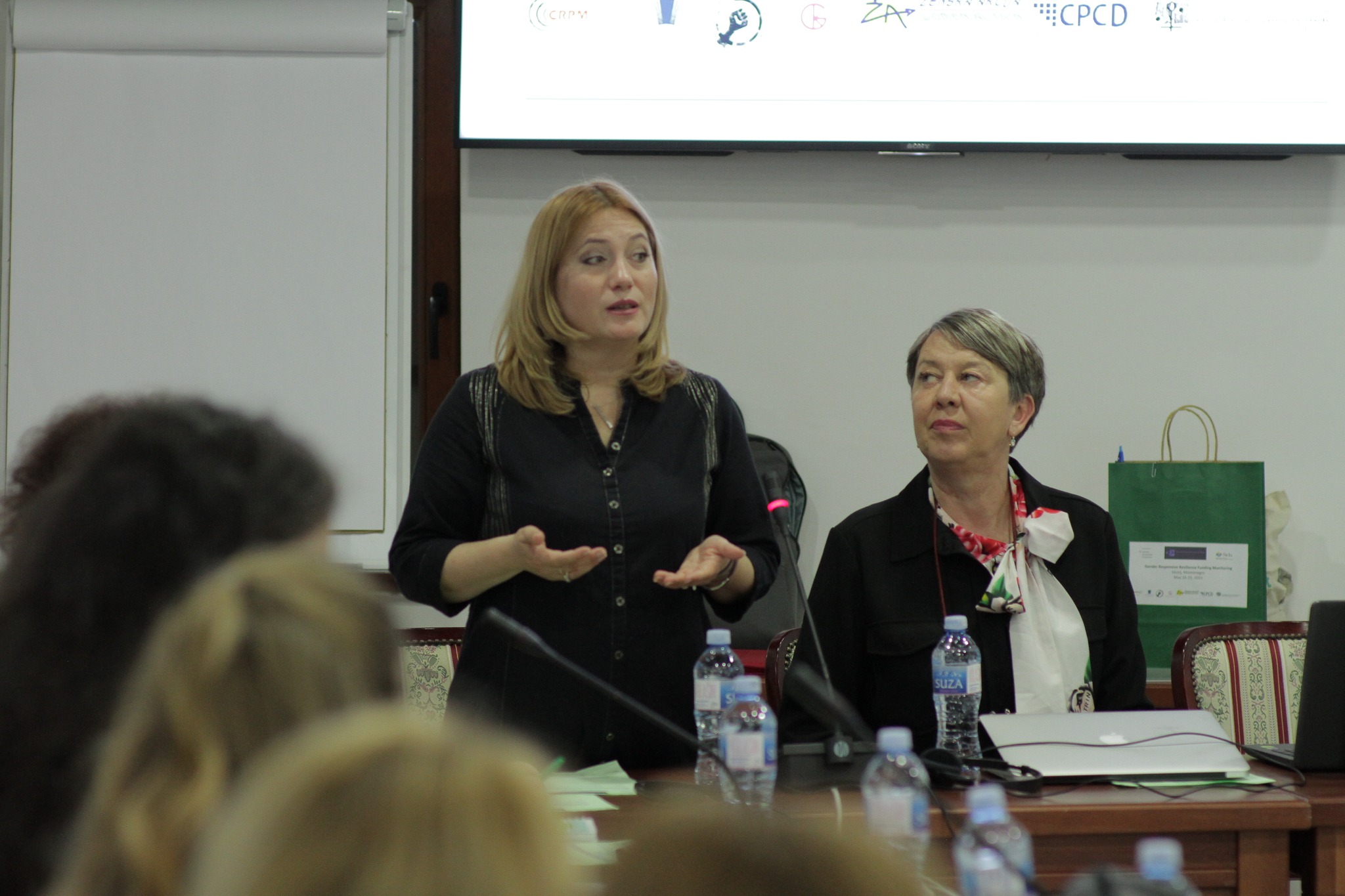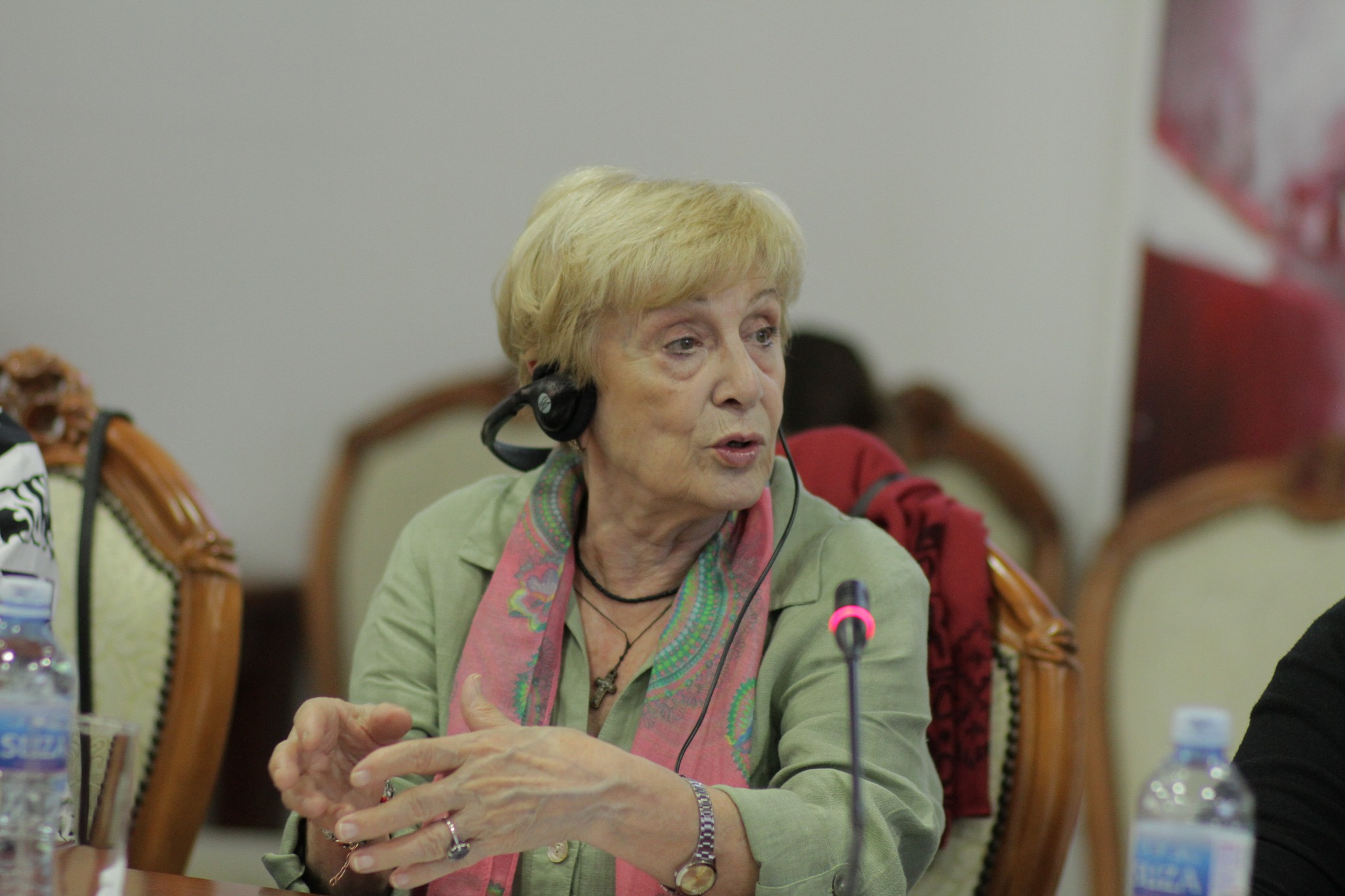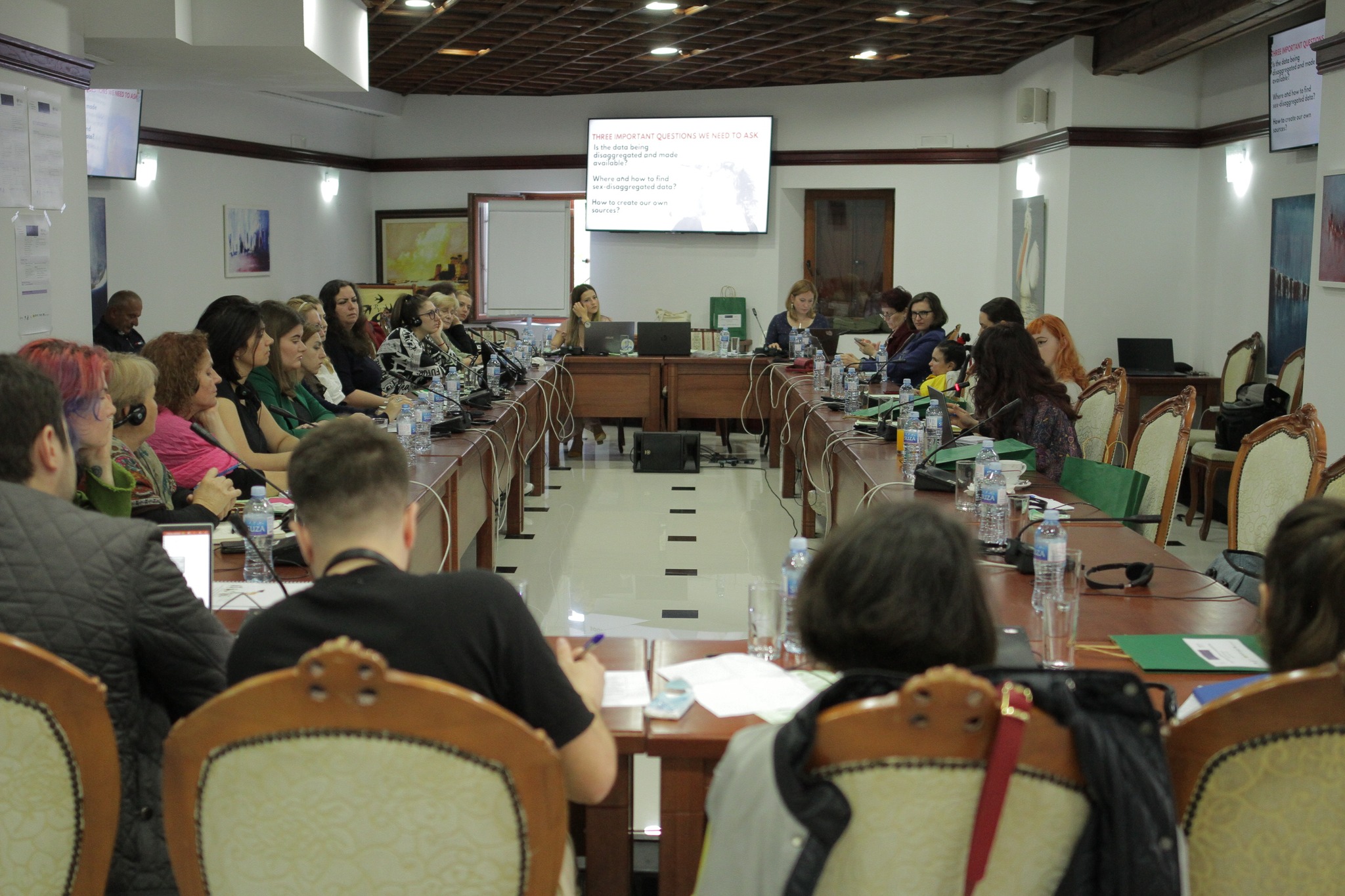CRPM as part of the Gender Budget Watchdog Network held the first training on the topic of “Gender Responsive Resilience Funding Monitoring” Ulcinj, Montenegro, from 16-19 May 2023. The training program encompassed 6 modules and 2 workshops. The training was attended by representatives of 27 civil society organizations (CSOs) from Albania, Bosnia and Herzegovina, Serbia, Kosovo, Montenegro, North Macedonia, and Moldova, whose project proposals on gender responsive budget monitoring of financing response measures to crises were selected for funding and mentoring by the Gender Budget Watchdog Network. The training provided a unique opportunity for participants to connect and build relationships, but also to enhance understanding of gender-responsive budgeting and equip them with tools to monitor the gender impact of resilience funding in times of crises.
The discussions throughout the training were fruitful, with participants actively engaging in the sessions.
On the first day, we revised knowledge on gender concepts and entry points for civil society work on budgeting and budget monitoring. The introduction of the methodology for monitoring resilience and emergency funding in times of crises from gender perspective sparked meaningful conversations among the participants, especially on the determinants of the crises and their manifestations in form of raising costs of living, inflation rates, energy poverty and food insecurity. The corner stone of these discussions were the different impact the multiple crises we live in have on women and specifically on vulnerable women: single mothers, victims of violence, Roma women, women with disabilities and young women. The interactive activities, including case studies and quizzes, triggered smiles, competitive spirit and created fund atmosphere throughout the day.
The second day opportunities for application of the methodology for assessing gender impact of resilience funding during crises, for which 5 case studies from different countries of the region were prepared to apply the skills acquired. During the workshop participants explored various strategies for evaluating the gender impact of the design of measures in agriculture, housing, heating and energy provision, and presented ideas on how the measures design may be improved to gender equally allocate finances planned for assisting vulnerable societal groups to respond to the crises. The networking opportunities created during the second day enabled participants to learn from successful initiatives implemented by CSOs from different countries during Covid 19 crises and discussed its relevance for the current economic, energy and food/supply chain crises.
On the third day, the training focused on the importance of sex-disaggregated statistics and gender indicators in CSO watchdog work. Trainers provided an overview of these concepts and their role in gender analysis of policies and budgets. Participants engaged in discussions centered around identifying reliable sources for sex-disaggregated data and fostering discussions on creating independent data sources. Further they were introduced to the methodology on assessing gender impact of policy and budgetary measures and an opportunity to apply the skills gained on the case studies that were assessed in the second day focusing on measures in agriculture, housing, heating and energy provision.
Overall the training provided participants with the necessary skills and knowledge on two specific GRB tools they can use in watchdog work of measures developed and implemented in times of crises. In the same time the training allowed for a networking opportunity and coalition building entry point for advocacy of policy changes. The participants are now ready to prepare full proposal under the mentorship of the GBWN experts in GRB and implement policy research and advocacy projects for gender responsive resilience funding in the seven countries of GBWN operation.
The project is supported by Austrian Development Agency and Swedish International Development Agency.

